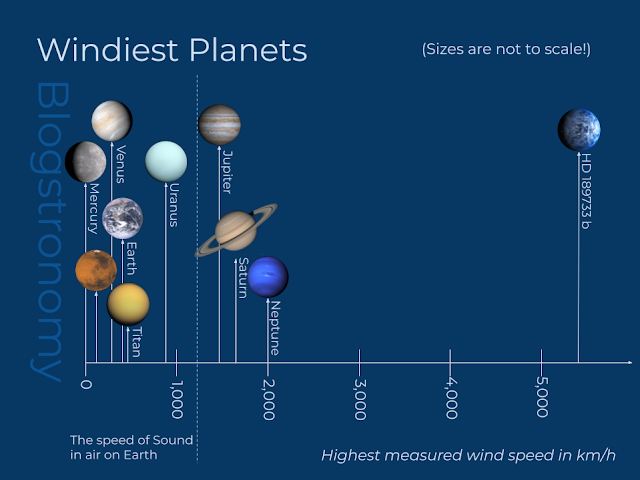How Can We Measure the Expansion of the Universe?
How can we measure the Universe's speed of expansion? - Question posed by Carlos.
If we look into distant space, beyond the stars in our own galaxy, beyond even the other galaxies within our own cluster, we find something that at first seems strange:
Everything is moving away from us.
We see this in whichever direction we look. If we measure how fast galaxies are travelling as they move away from us (using the doppler effect and redshift) and compare this with how far away they are, we see something else that's a bit strange:
Things that are further away from us are moving faster than things that are closer.
We see this in whichever direction we look. In fact, if we compare distant galaxies in different directions, we find that galaxies the same distance away from us (regardless of the direction we look) are moving away from us at the same speed as each other.
The first thing seems strange because it makes it seem like we're special- why would everything be moving away from us? The second thing helps us to answer that question: everything is moving away from everything else: wherever we were in the universe, we'd see the same thing. The only way to explain the first thing is to assume that space itself is expanding and dragging galaxies with it.
The second thing helps to quantify this expansion: it turns out that there's a mathematical link between how far away a galaxy is and how fast it's moving away from us. That link is known as the "Hubble constant," denoted H0 in equations. If we multiply the distance a galaxy is from us (D) by the Hubble constant, we get a good estimate for how fast it should be travelling away from us (v), or in mathematical terms:
\[ v = H_0 \times D \]
This means that to find a value for \( H_0 \) we need to find the distance ( \( D \)) of a galaxy and work out how fast it's moving away from us ( \( v \) ), and rearrange the equation above:
\[ H_0 = \frac{v}{D} \]
Or, in English, divide the speed of the galaxy by its distance away from us.
\( H_0 \) is just a number that tells us how fast the universe is currently expanding, and has the units "kilometres per second per Megaparsec," ( \( km/s/Mpc \) ). Current values for the Hubble constant range between \( 50 \) and \(100 km/s/Mpc \), with the most widely accepted being in the early 70s.
Although known as a 'constant', the Hubble constant is only 'constant' in space: over time, the rate of expansion of the universe has, and will continue to change.
The Hubble constant can also help us work out how old the universe is...



Excellent, thanks - I actually understood that, I think. I also understand how we can measure the rate of expansion, but how can we measure the distance between the Earth and other locations, and the distance between other locations themselves?
ReplyDeleteIt's a good question, and I've put it on the list!
ReplyDelete